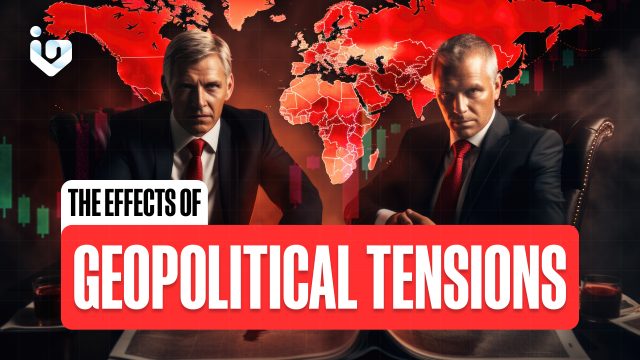Geopolitical tensions shape the fabric of global relations. They influence economies, societies, and the very security of nations. This article delves into the multifaceted impacts of geopolitical conflicts and the ripple effects they have across the world.
Economic Impact
Geopolitical tensions often lead to economic sanctions. These sanctions can cripple the economies of targeted nations. They disrupt trade flows and can lead to scarcity of goods. Investors become wary, markets fluctuate, and the uncertainty can lead to significant economic downturns.
Social Consequences
The social fabric of nations can unravel under the strain of geopolitical conflicts. Tensions can foster a climate of fear and uncertainty. They can also lead to an increase in xenophobia and nationalism, as people seek to find stability in identity.
Security Ramifications
Nations often increase military spending in response to geopolitical tensions. This prioritization can lead to a neglect of social programs. Moreover, the threat of military conflict looms large, affecting the mental health of populations.
Global Relations
Alliances shift as countries respond to geopolitical tensions. Long-standing partnerships may strain while new alliances form. The international community’s response can either mitigate or exacerbate the situation.
Environmental Considerations
Geopolitical conflicts can also have environmental consequences. Military actions can lead to ecological destruction. Additionally, the focus on security can divert attention from pressing environmental issues.
Conclusion
Geopolitical tensions have far-reaching consequences. They affect every aspect of society and the environment. It is crucial for global leaders to navigate these tensions with foresight and a commitment to peace.

